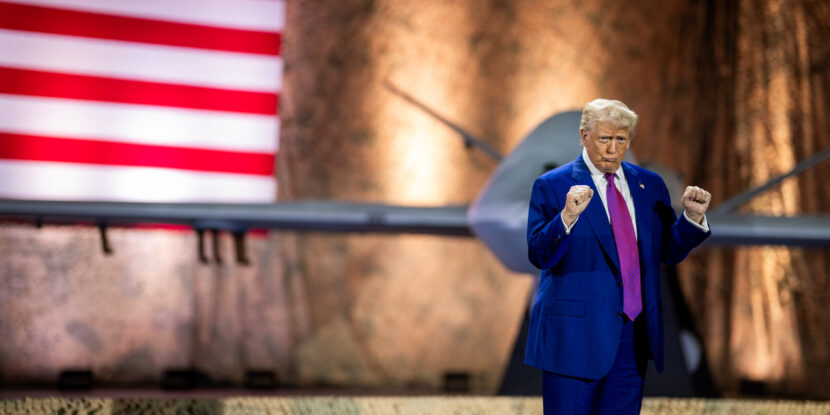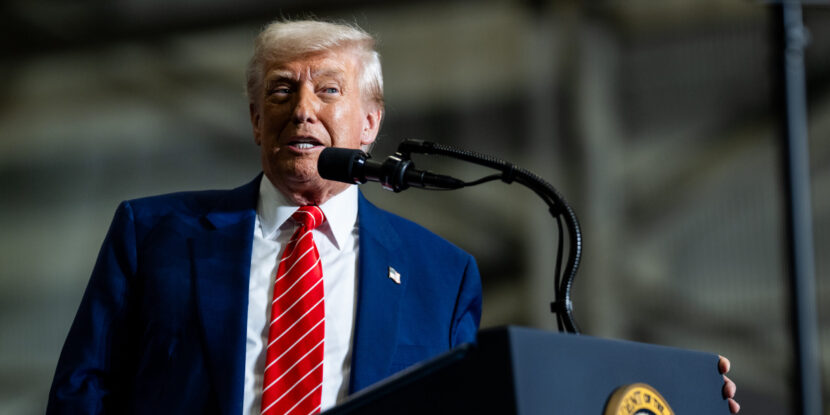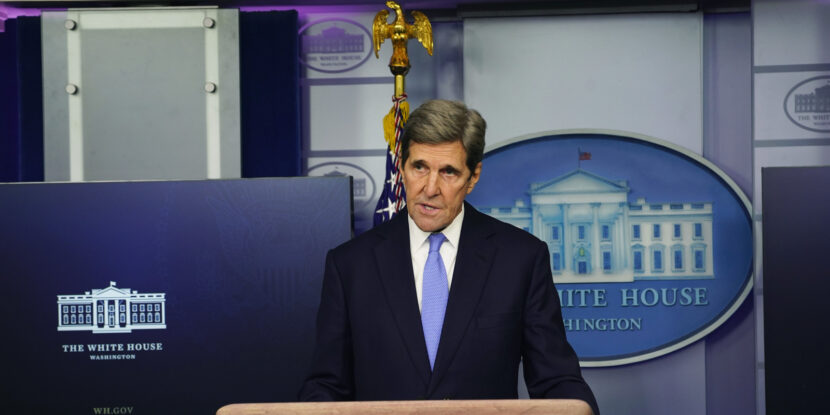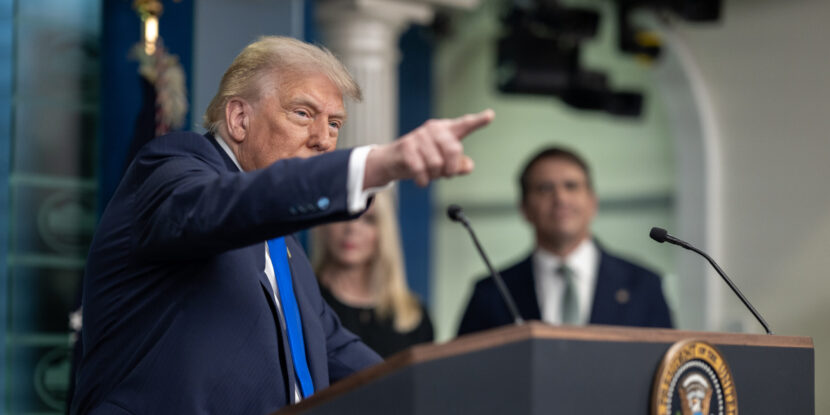❓WHAT HAPPENED: President Donald J. Trump is set to send weapons directly to Ukraine from Pentagon reserves under the Presidential Drawdown Authority (PDA) for the first time since his reelection.
👤WHO WAS INVOLVED: President Trump, Defense Secretary Pete Hegseth, Pentagon officials, and Ukrainian forces.
📍WHEN & WHERE: The decision was announced this week, following a temporary halt in shipments, amid the ongoing conflict in Ukraine and Russian advances.
💬KEY QUOTE: “We get a lot of bulls**t thrown at us by Putin, if you want to know the truth. He’s very nice all the time, but it turns out to be meaningless.” – Donald Trump
🎯IMPACT: The move could provide Ukraine with up to $300 million in military aid, including Patriot missiles.
President Donald J. Trump is poised to exercise his authority to deliver weapons directly to Ukraine from Pentagon stockpiles for the first time, according to Reuters, citing two sources. Previously, the Trump administration had only supplied arms approved during former President Joe Biden’s term.
Trump is expected to utilize the Presidential Drawdown Authority (PDA), which enables presidents to provide military assistance in urgent situations swiftly. This decision comes despite ongoing concerns about the depletion of U.S. military equipment in general and missile interceptors in particular ahead of a possible direct confrontation with a major power like Russia or China.
On Tuesday, Trump signaled that additional weapons would be sent to Ukraine as Russian advances and airstrikes escalate. The aid package, reportedly valued at up to $300 million, will likely include Patriot air defense missiles and medium-range rockets.
President Trump had appeared reluctant to arm Ukraine to the same extent as Biden before now, indicating this was encouraging the Ukrainian government to refuse a compromise peace. However, he has expressed frustration at Russia also appearing disinterested in peace in recent weeks, telling the press, “We get a lot of bulls**t thrown at us by Putin, if you want to know the truth. He’s very nice all the time, but it turns out to be meaningless.”
The U.S. military reportedly only has about 25 percent of the Patriot missile interceptors it needs. Some have already been sent to Ukraine over recent years, and others have been depleted defending Israel against Iranian missile strikes. U.S. defense manufacturers are reportedly capable of producing only about 500 Patriot missiles annually, raising questions about the long-term viability of sustaining current aid levels to Ukraine.
Join Pulse+ to comment below, and receive exclusive e-mail analyses.










